1. Can you tell me a little bit about yourself, i.e. where are you from, what are you doing now?
I was born and raised in Orange County, still currently live in Tustin. Aside from taking care of my mental health at an outpatient facility, I work with my family as an administrative assistant at their law firm and I go to school for Gender Studies and Psychology. I am looking to become a therapist once I graduate. During my free time, I enjoy painting, rollerskating, playing music with friends, going to music shows, writing poetry, and reading.
2. What is your diagnosis and when were you diagnosed? When you were diagnosed, how did it make you feel? Panicked? Relieved? Indifferent? Was it hard to accept your diagnosis initially?
I am currently diagnosed with Bipolar 1 disorder with psychotic features which happened in 2018. 2016 was when I had my first diagnosis of Schizoaffective disorder which eventually deemed to be inaccurate. I was absolutely terrified, in a state of grief, confusion, and anger. It took me about 2 years out of 2.5 years to fully accept my diagnosis.
3. What do you do to cope with your illness? Being an artist and actor, would you say these both play a large role in helping you cope? Would you say a community of people who are more creative are more accepting of someone with a mental illness? If so, why do you think that is?
Painting is my go-to when dealing with my mental illness. It allows me to escape to my safe place where everything and anything is accepted. Acting is no longer a big part of my life anymore but I would agree to that with painting and drawing. From my experience, people who are more open-minded have a better time accepting someone with a mental illness more than anything. Though creativity is helpful with this aspect, I don’t find it’s a dominant feature to one’s ability to empathize and accept those of us who are different.
4. It is entirely understandable for people living with mental illnesses to feel uncomfortable sharing their illness with others for fear of judgment, rejection, or just being treated differently. How comfortable are you about sharing with people about your mental disorder? If there was less stigma surrounding mental illness nowadays, would you be more inclined to talk about your disorder with other people?
I am pretty comfortable about sharing with others about my mental disorder. It doesn’t define who I am anymore and I think it is part of my civic duty to have casual conversations about it so that the stigma decreases.
5. In regards to mental health, what do you feel is an issue that needs to be more talked about and why?
I feel an issue that needs to be talked about more is recovery because the stigma around it for one, leaves people with a disorder more inclined to ignore their healing options and live more difficult lives than they need to. Secondly, with the topic of recovery more involved in conversations, it could potentially lead to easier access to treatment.
6. What are your plans for the future? Would you see your future looks hopeful or dim?
My plans for the future are to become a therapist of some sort and start my own grassroots organization that provides art therapy to people who don’t have access to proper mental health care. I see myself living an activist and artistic lifestyle. With my own recovery in the mix, the future looks overwhelming but also bright and productive.
7. Do you think the government is doing enough to help the mental health community? If not, what would you like to see the U.S. government due to help the millions of Americans who live with mental illness?
No, I do not. Mental health issues are still a very underrated topic and many people are still not able to afford education, medications, and therapies needed to sustain a healthy living. I would like to see better education in schools starting at the Elementary level about mental illness and more affordable care. Everyone deserves a balanced mind.
8. How do you feel about the portrayal of people living with mental illnesses in movies and in T.V.? Is it accurate? Does it need a definite overhaul? What can the media do to help society better understand someone who lives with a mental illness?
I have seen some movies like “The Edge of Seventeen” that depict living with a mental illness gracefully. I have seen others like “Welcome to Me” that display it overdramatized and inaccurately. It could use an overhaul, especially when it comes to telling stories about people with schizophrenia or borderline personality disorder. The media could tell stories that display characters less characterized to better understand someone who lives with a mental illness.
9. Do you feel alienated or misunderstood if and when you share with those close to you that you have this mental illness? What is their reaction when you tell them? Do they act differently towards you?
Not at all, the people who are around me are incredibly supportive and understanding. They usually have or know someone else who suffers from a mental illness as well and it usually is a bonding experience. There have only been a couple of times where people have shown more negative reactions and those people are no longer in my life anymore. Those who are close to me treat me with more compassion, but for the most part, they treat me exactly as they did before.
10. What is the greatest piece of advice you can offer someone who feels like they cannot go on living anymore?
Do something you absolutely love doing for a moment. If you don’t have the energy, spend time with someone who can lay down and do nothing with you. You are loved, don’t be alone! You are not a burden.




